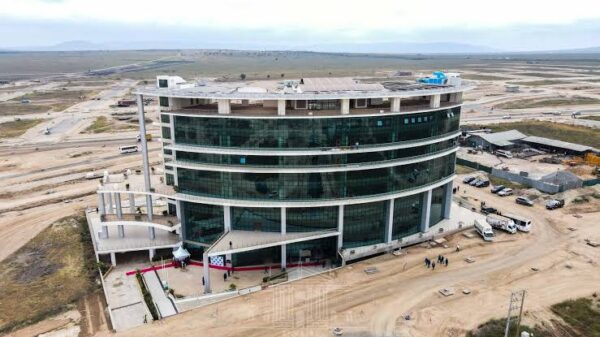“Let it Rot” and “Poultry Boycott” are two titles of the campaigns that have begun in the past week on the Twitter microblogging website, urging Saudis to abandon chicken after prices hiked.
A similar campaign has kicked off on Facebook.
In a country where protests are banned, Saudis are increasingly resorting to social media networks to voice grievances and call for action.
But a campaign to allow women to drive last year almost fell on deaf ears.
“Lets hope we can as consumers put pressure and curb the greed of merchants,” said one tweet.
Some Twitter activists claimed that sales of chicken have dropped by around 30 percent. A picture posted on Twitter from a poultry market in Buraida, north of Riyadh, showed workers sitting idle outside their shops due to a claimed strong boycott.
But industry insiders insist the campaign has not driven consumers away from chicken, with business as brisk as ever.
“It is true that there is a campaign to boycott chicken, but there is no sign of its impact on the ground,” said Anwar Saleh, a distributer of poultry in the Red Sea city of Jeddah.
He argued that it was difficult to convince people to boycott chicken because prices of other meat products are even higher.
“What is the alternative?” he said.
Fresh poultry prices have risen between 20 to 30 percent over the past six months, while the price of frozen chicken rose by 15 percent, according to poultry farmers.
The trade ministry attributed the rise in chicken prices to a surge of 30 to 40 percent in fodder cost in global markets.
The ministry recently banned all exports of chicken to secure supplies to the local market.
The oil powerhouse has a population of over 27 million, with foreign expats accounting for around 30 percent.




































